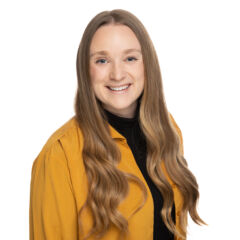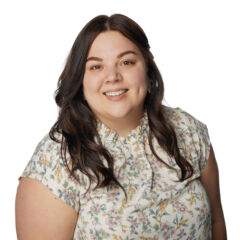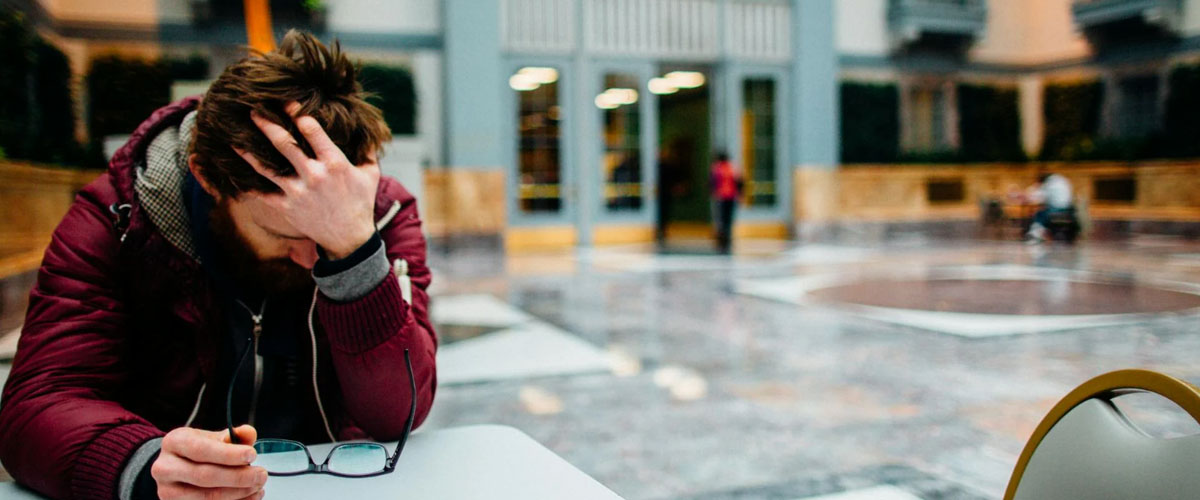Overview About anxiety management
Are you wondering what anxiety feels like? Anxiety is a prevalent emotional state characterized by feelings of worry, apprehension, and physical symptoms like rapid heartbeat, sweating, and difficulty breathing. While it’s a natural human response to stress and danger, for some individuals, anxiety can become excessive and interfere with daily life.
But there are a lot of misconceptions out there about anxiety management in Calgary, attending classes, and what kind of person needs to enroll in them. The truth is that many people may have never learned the right social skills, outlets, and self-awareness that are required to have healthy emotional reactions later in life, and there is no shame in seeking out and trying to improve our own well-being. Anxiety counselling in Calgary can be a useful tool in our overall mental health, and help lay the foundations for stronger and more resilient relationships.
anxiety counselling: Tips to manage anxiety
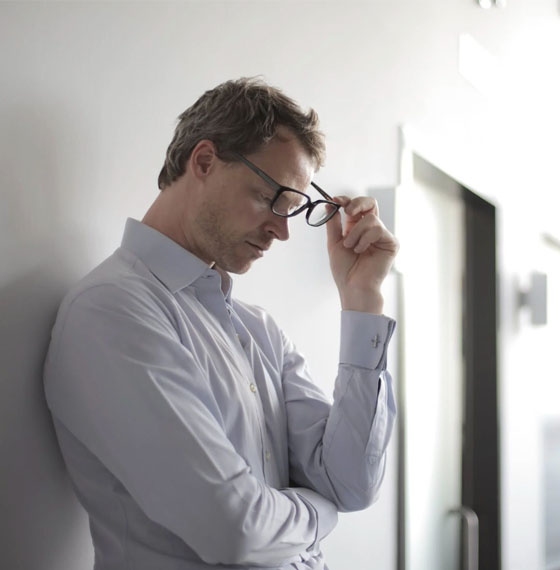
anxiety can be managed in many different ways
Anxiety is a common feeling, experienced by many people at some point in their lives. While it can be a normal response to stress, for some individuals, it can become overwhelming and interfere with daily life.
If you’re struggling with anxiety, here are some helpful tips to manage it:
- Pay attention to situations, thoughts, or events that typically trigger your anxiety.
- 30 minutes of moderate-intensity exercise and physical activity can reduce feelings of anxiety.
- Use relaxation skills like deep breathing, listening to music, or meditation.
- Replace negative thoughts with more realistic and positive affirmations.
- Share your feelings with friends, family, or join a support group.
Remember, anxiety management is a personal journey, and what works for one person may not work for another. It’s important to stay open to trying different strategies and to seek anxiety counselling in Calgary when needed.
therapy for anxiety management
If you are interested in pursuing professional therapy for anxiety management in Calgary, Your Counselling can help with that. We employ several different therapeutic approaches for different personalities, and they can be very effective in identifying and subduing heightened anxiety.
CBT for anxiety management (cognitive-behavioural therapy) a highly effective type of therapy that can help individuals identify and challenge negative thought patterns and develop coping mechanisms. Another method that many find useful is narrative therapy, which focuses on separating yourself and your personality from your problems – gaining a new perspective and a new outlook on your reactions. There are also other practices that can work, such as dialectical behaviour therapy (DBT) and acceptance and commitment therapy (ACT).
Whether you are seeking anxiety management for kids, spouses, loved ones, friends, or coworkers, reach out for help. Your Counselling has plenty of options available to help you reach your goals.
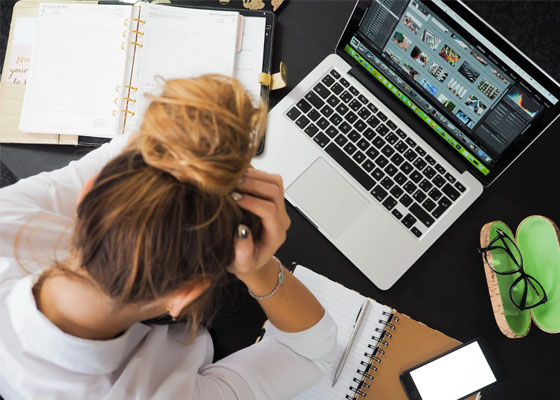
Meet Our Experts
Why Work with Us
1-on-1 Counselling
Take the first step towards transforming your life today!
Couples Counselling
Nurture your connection, resolve challenges, and strengthen your relationship!
Online Counselling
Providing confidential and accessible online counselling!
Our Areas of Counselling & Therapy Expertise
If you find yourself experiencing emotional pain, sleepless nights, depression, and worry, or feel your goals are slipping away from you – our counselling services in Calgary can help you.
Frequently Asked Questions
Q: What types of anxiety disorders can counselling help?
- Generalized Anxiety Disorder (GAD) – Persistent, excessive worry about various things.
- Social Anxiety Disorder – Intense fear of social situations and scrutiny.
- Phobias – Extreme and irrational fear of specific objects or situations.
- Panic Disorder – Sudden episodes of intense fear accompanied by physical symptoms.
Q: does medication actually help with anxiety?
Medication can be an effective tool in managing anxiety, but it’s not a one-size-fits-all solution. Consult a doctor to determine if medication is necessary for you, as it often works best when combined with therapy, lifestyle changes, and self-help strategies. Remember, it’s a management tool best utilized under medical supervision and not necessarily a cure on its own.
Q: Are sports a good outlet for mitigating anxiety?
Yes, Participating in sports can offer both physical and psychological benefits that contribute to reducing anxiety levels. According to Mayo Clinic, exercise helps to increase endorphins, your brain’s “feel-good neurotransmitters” so get out there and get active. The social aspect of sports in particular also has an additional benefit.
Q: what sets your calgary anxiety management services apart?
Our Calgary-based anxiety management program offers a specialized approach to help individuals effectively manage and transform their anxiety. With a team of seasoned therapists, we provide tailored guidance, evidence-based techniques, and a supportive environment to empower you with valuable coping strategies and communication skills, ultimately improving your overall well-being. Whether through one-on-one sessions or group settings, we’re dedicated to your unique journey to anxiety management success.
IT’s time to take control of your anxiety
Related Blogs & Articles

What Is the Cost of Therapy in Calgary?
If you had to guess out of the blue, how much do you think a 50-minute therapy session is in…
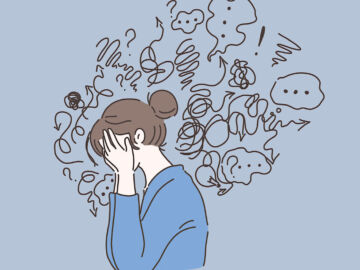
How To Manage Anxiety and Stress
Life doesn’t come with a recipe to follow, a tour guide or a manual. It can be messy, unpredictable and downright challenging. Stress unfortunately is just part of the deal.

Symptoms, Treatments, and Causes of Postpartum Depression
Bringing a child into the world can be one of life’s most beautiful – and most challenging – experiences, happening…








